Plants & Projects

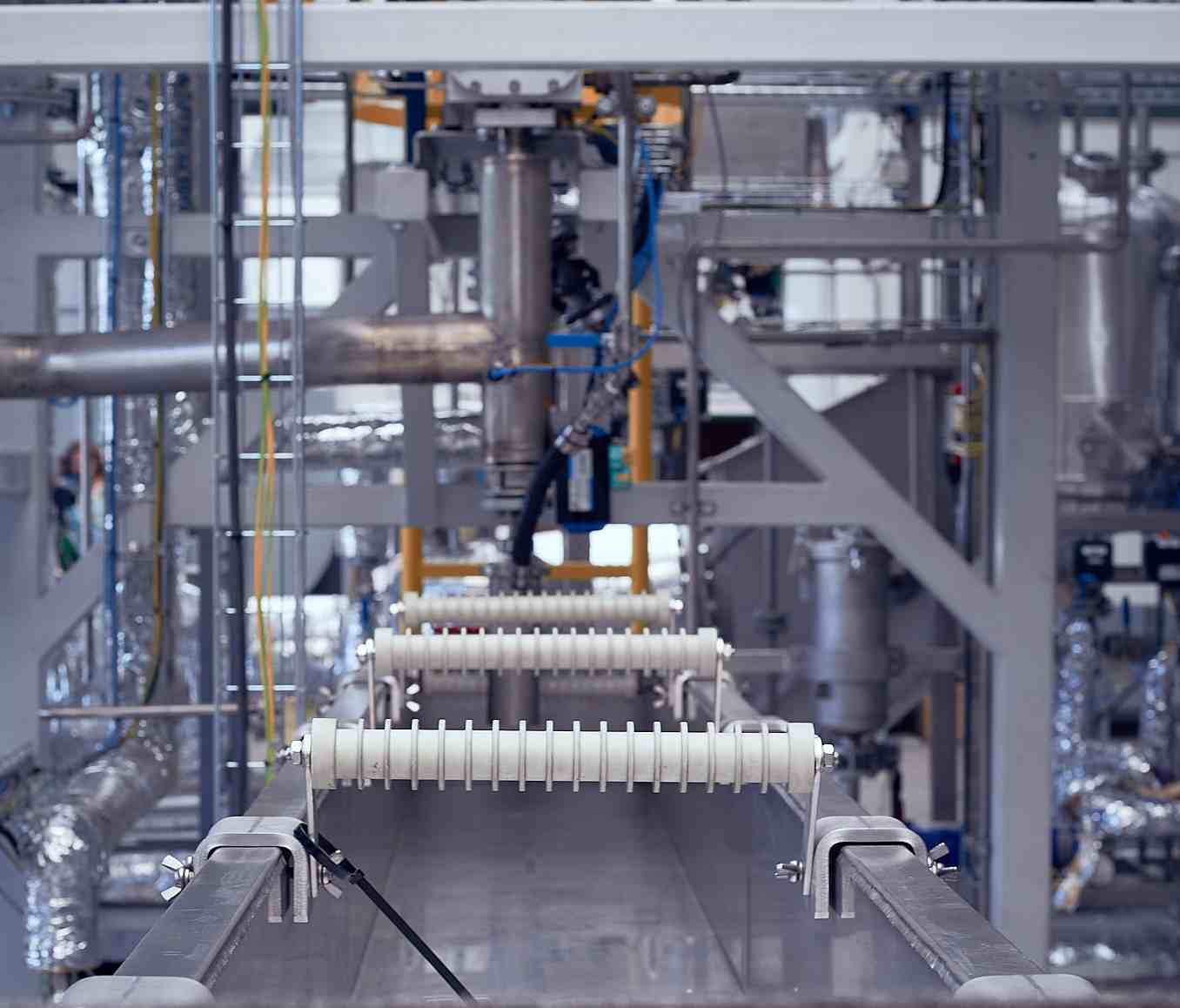
CreaSolv® Demonstration Plant for Research and Industry Partners
In 2019, LÖMI opened a 2nd site in Germany for the construction of a multi-purpose CreaSolv® Demonstration Plant for the European MultiCycle Project, that will run until April 2022.
The plant is designed for alternating demonstration operation for different waste and plastic fractions.

CreaSolv® Pilot plant for post-consumer PVC floor coverings with banned Plasticizer
The overall aim of the project is to produce New Products from Waste PVC Flooring and Safe End-of-Life Treatment of Plasticisers, because only recycling rates of 20% have been achieved so far, while a large percentage of the PVC waste is still landfilled or incinerated. Therefore, the Circular Flooring consortium is further developing the CreaSolv® Process to separate the PVC (polyvinylchlorid) polymer from post-consumer floor coverings from legacy plasticizers (phthalic acid esters) that are not conform to the EU REACH-Directive.1)
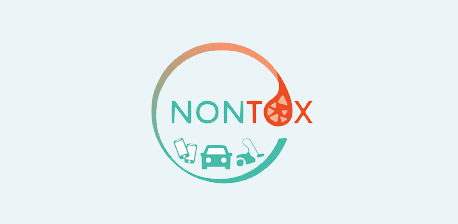
Recycling of hazardous Plastic Waste (WEEE, ELV & CDW)
The NONTOX project applies multiple recycling technologies to recycle hazardous plastic waste generated from Waste Electrical and Electronics Equipment (WEEE), End of Life Vehicles (ELV) and Construction and Demolition Waste (CDW). The overall objective is to increase recycling rates of plastics waste containing hazardous substances by developing two recycling technologies “CreaSolv® Process and Extruclean” to produce safe and high-quality secondary plastic materials and by optimizing the overall process economics by integration because increasing recycling rates are crucial for a circular economy as stated in the EU Plastic Strategy1).
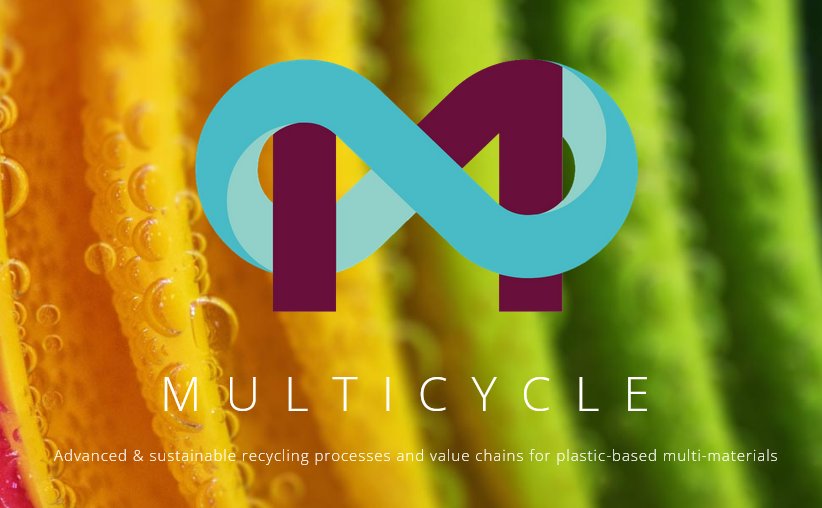
CreaSolv® Pilot plant for Packaging & Automotive Compounds – MultiCycle Project
Less than 1/3 of plastic packaging waste is currently recycled due to technological and economic limitations, thus considering plastic as a single use commodity and the waste as a (financial) burden instead of a “resource”. In its new “Plastic Strategy1)” the European Commission set out a vision that includes cost-effective recycling, larger recycling capacities and a more integrated plastic value chain. The MultiCycle2) project is aimed at stopping resource depletion, land-filling and incineration in regards to plastic waste streams of the packaging and automotive sector.
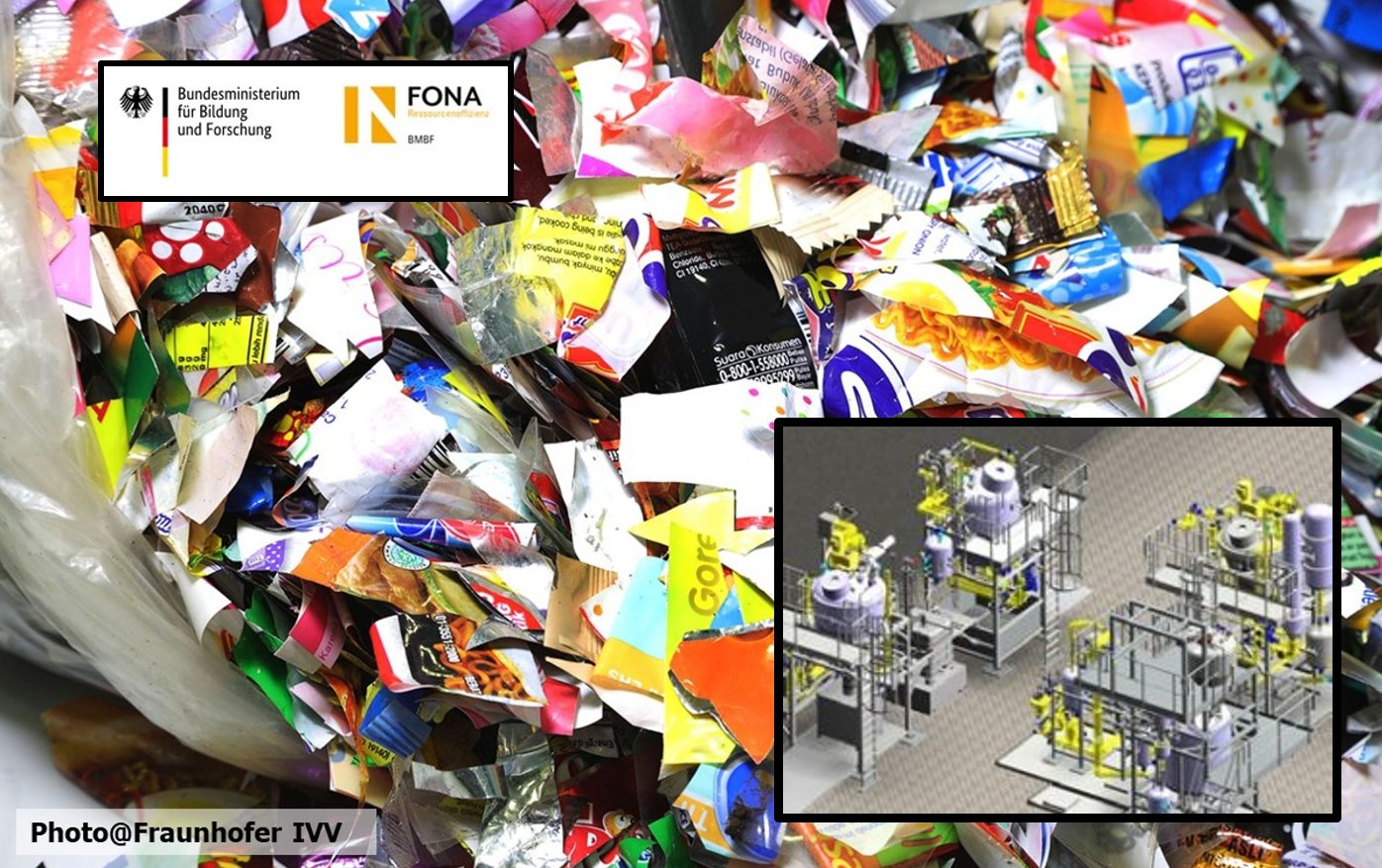
CreaSolv® Demonstration plant for Plastic Packaging Waste – Lober
In order to protect sensitive and high-value products from the food and consumer goods segment, today plastic packaging systems have to meet high requirements and they increasingly consist of complex packaging composite constructions e.g. multi-layer plastic films. These often used multi-layer laminates made of polyethylene/polyamide (PE/PA) and polypropylene/polyethylene terephthalate (PP/PET) are “not recyclable” according to the present state of the art, because existing processing facilities can only treat packaging waste made from one single polymer.
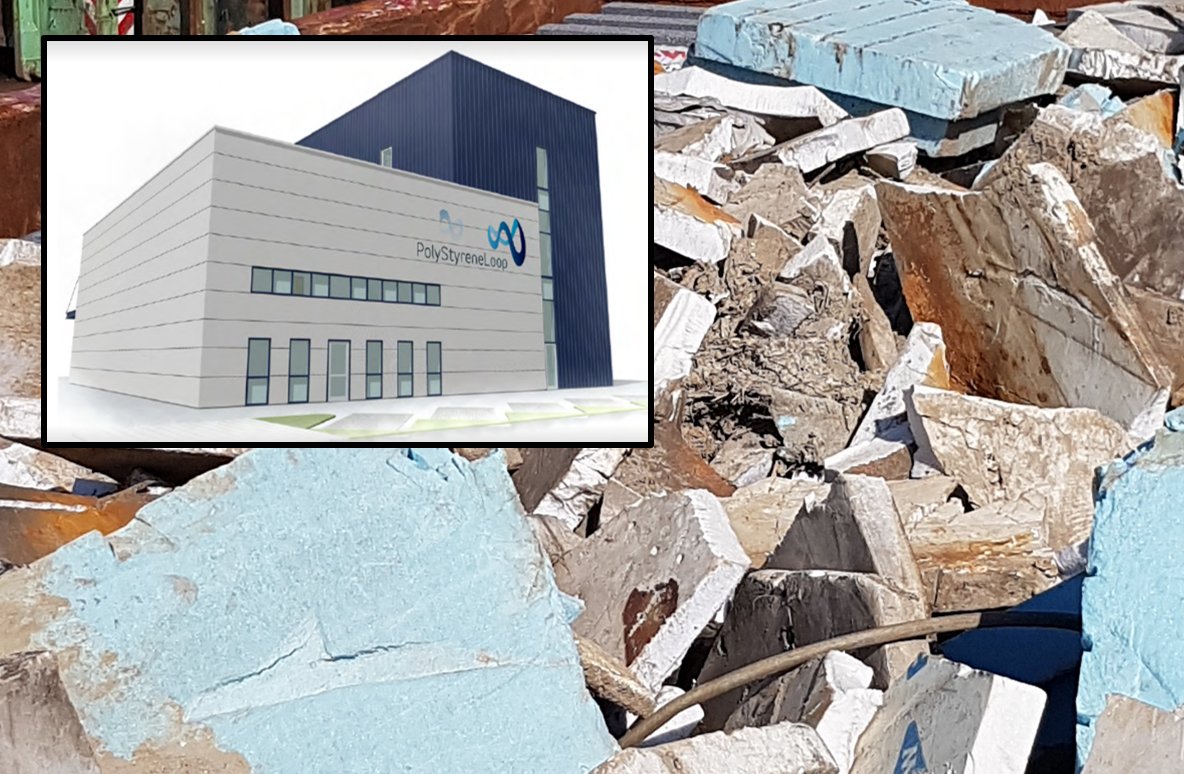
CreaSolv® Demonstration Plant for EPS Recycling with POP-Separation
A Dutch cooperation set the goal, to build a CreaSolv® Demonstration plant, in order to recycle External Thermal Insulation Composite Systems (ETICS) and interior thermal insulation systems with flame retardants in a way that the today banned hexabromocyclododecane (HBCD) is removed and recovered polystyrene meets the Basel POP Guidelines1). HBCD was one of the most common flame retardant used in insulation, textiles and electronics.
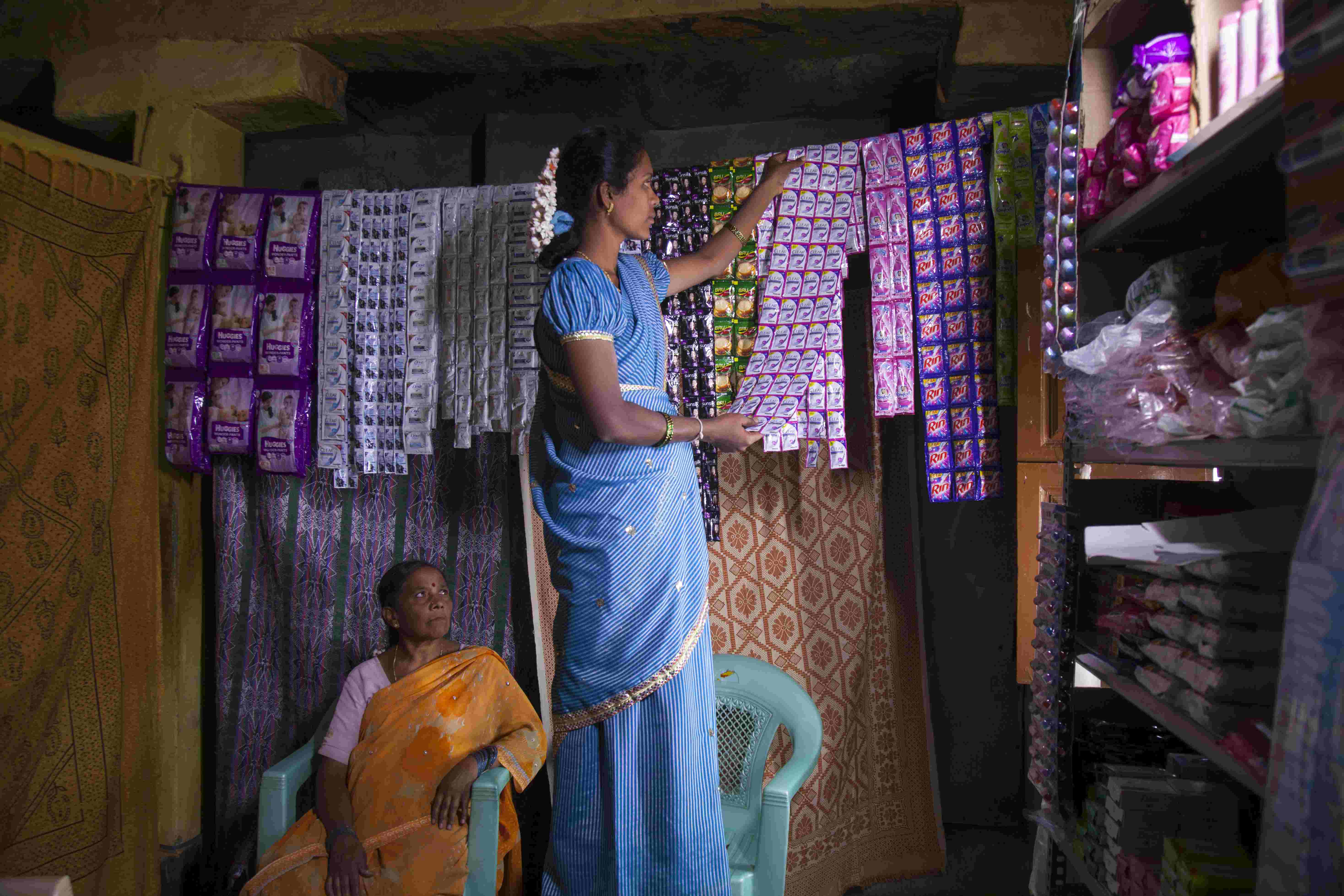
CreaSolv® Pilot plant in Indonesia - Recycling of Polyethylene Sachets – Unilever
Small single-use plastic pouch packaging, so-called „sachets“ are very popular in developing and emerging countries, because they allow low-income consumers to buy small amounts of quality products that would otherwise be unaffordable to them. Empty flexible packaging is just thrown away or ends up in landfill because there exist no viable recycling technology and generally it lacks a waste logistic in those countries as well.
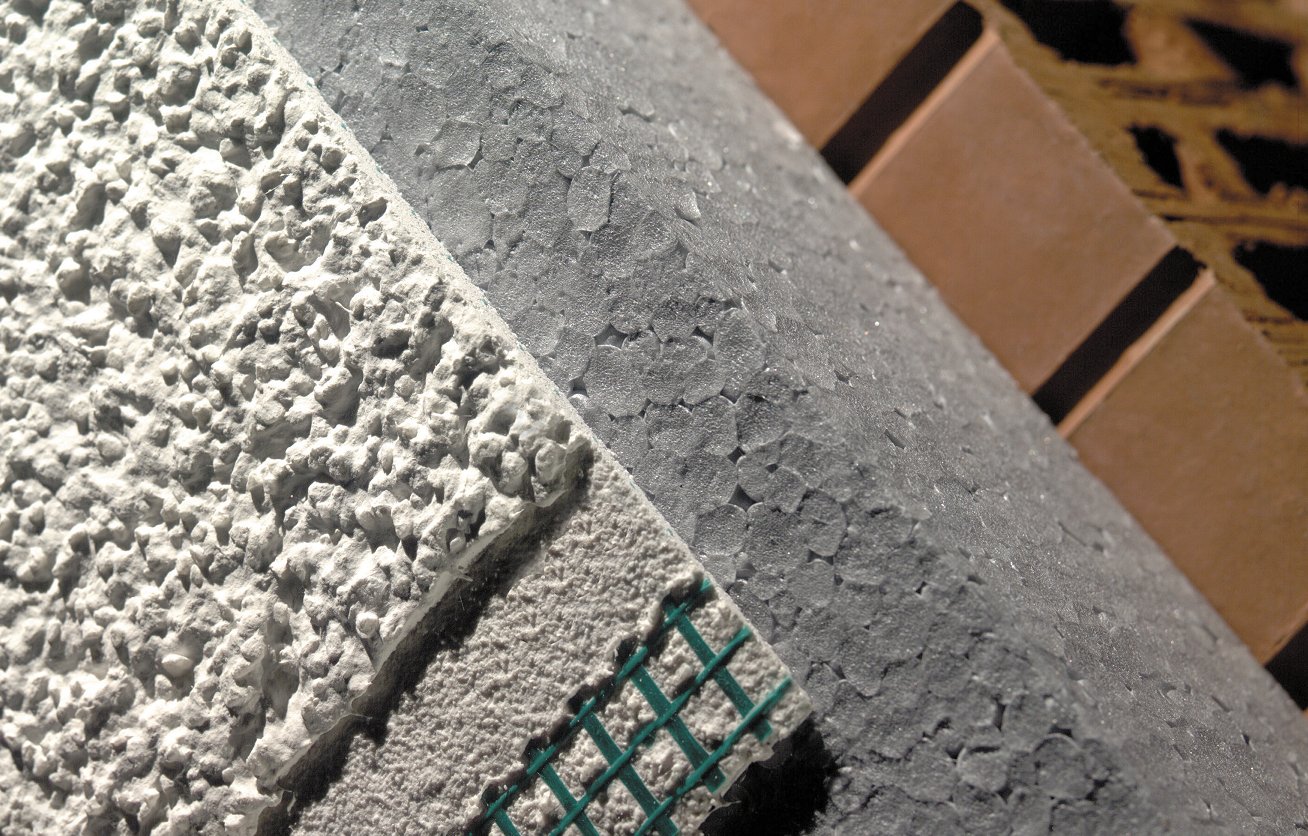
EPS Recycling from ETICS Deconstruction
In 2014 the Sunpor GmbH, Austria contracted the Fraunhofer IVV to apply the CreaSolv® Process to External Thermal Insulation Composite Systems (ETICS) from EPS construction waste, in order to test its effectiveness. Sunpor produces approximately 230.000 tons EPS annually and is the third largest producer in Europe.
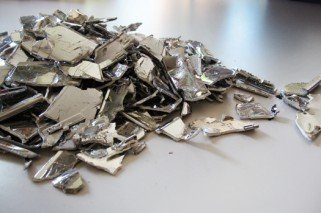
Recycling of Metal-Plastic Compounds and Hybrid Materials
By financing the project-network ForCYCLE with € 3 million the Bavarian state government supports the development of innovative recycling processes with a main interest on metals, composites, building materials and biogenic polymers over a period of 3 years (2014 – 2016)1)
In a subproject the CreaSolv® Process is explored as gentle separation of metal-plastic compounds and their individual recovery is studied.
